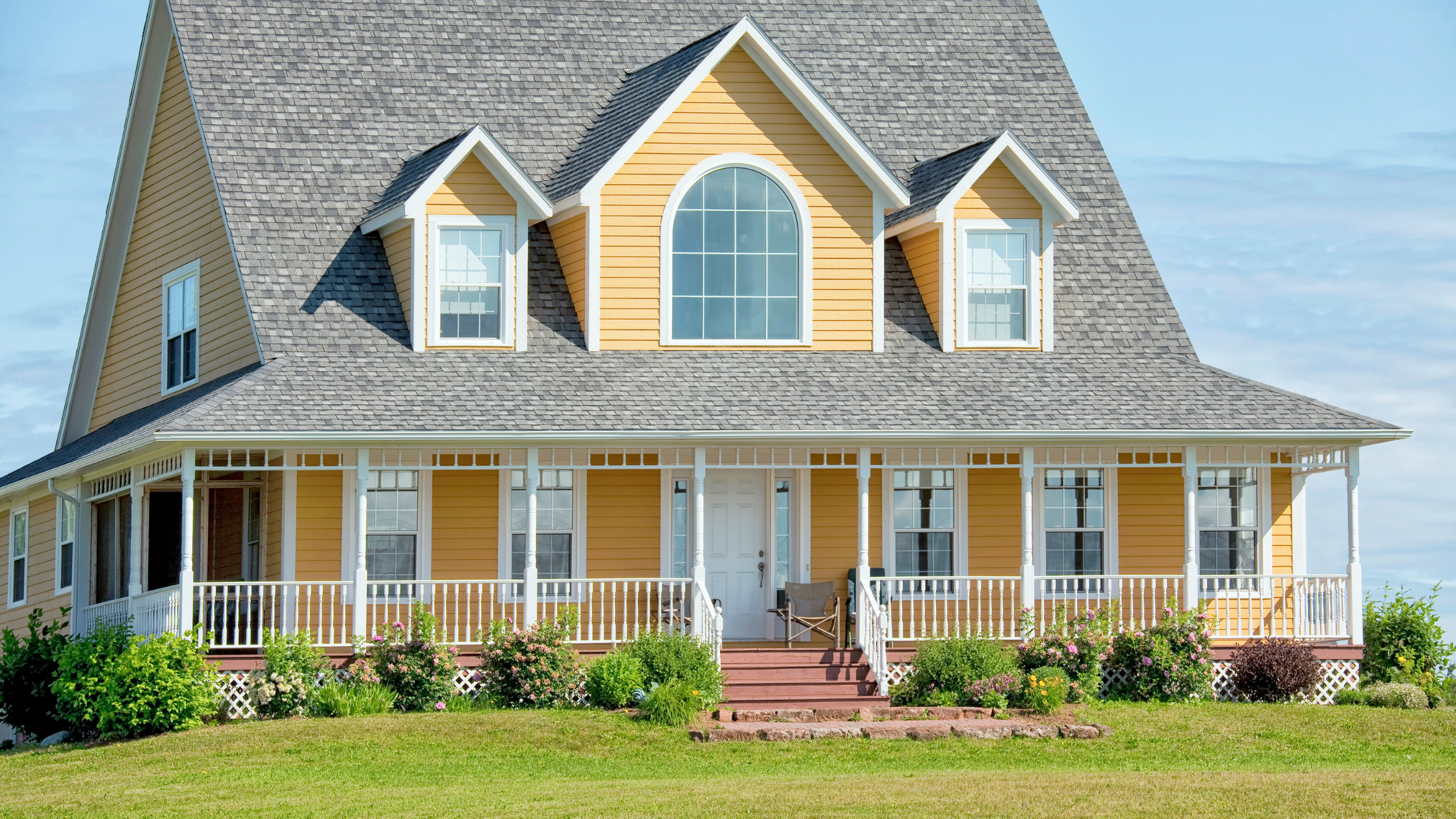Transitioning from a Standard Manufactured Home to a Modular Home
March 30, 2022

Manufactured and modular homes define two prefabricated housing alternatives that are built in factories and assembled on site. Although these types of homes share some common characteristics, a few significant differences can persuade a homebuyer to choose one option over the other.
The main difference, which also indicates the reason why some manufactured homeowners decide to transition from a standard manufactured home to a modular home, is that modular homes are usually installed on a permanent foundation and classified as real property. This may save a manufactured homeowner, who intends to convert a manufactured home classified as personal property to real property, from having to build a separate HUD-approved foundation, attach the home permanently to it, and then go through the conversion process.
While transitioning from a standard manufactured home to a modular home can be really exciting, a manufactured homeowner may feel a little bit intimidated by the whole process. That's because there are many factors that can make or break the transition journey. To help you get started, we've put together this quick list of the most important aspects you should take into account when selling your manufactured home and buying a modular home.
Consider Financing Options
Most financial institutions that make financing options available for standard manufactured homes also provide modular home financing that buyers can use in order to finance the purchase of modular homes. Because a modular home can be bought with or without land (in the case you own a lot already), you could opt for different loan programs, such as the Home Only, Land/Home, or LandPlus program.
Choose the Right Home Buying and Selling Strategy
Irrespective of the reasons why you’ve decided to sell your manufactured home and buy a modular home, there are three distinct scenarios:
- Buying before selling - The most obvious advantage of buying a modular home before selling your current manufactured home is that you'll have a place to stay after you sell your home. As a result, you won't have to look for a short-term rental and move twice. But for a manufactured home lender, your intention to sell doesn't change the facts. This means that you must meet certain requirements just as any other applicant. Another important aspect you should be aware of is that, even if you have enough money for the down payment, it might be harder to qualify for a new manufactured home loan while carrying debt on your existing manufactured home. Not to mention that buying a new home before selling could also mean several months of having to make two manufactured home loan payments.
- Selling before buying - Selling before buying can be a great strategy particularly if you intend to use your manufactured home sale proceeds to purchase a new modular home. Selling your current home before buying a new place could also allow you to put more money down, which might make it easier to qualify for the manufactured home loan you need in order to purchase the modular home you want. What's more, if you're not planning on buying a higher-priced modular home, a larger down payment might translate into a smaller loan amount. Because you're financing less of the home's purchase price, your monthly manufactured home loan payment may be lower as well.
- Selling and buying at the same time - Selling and buying a home simultaneously is trickier than any of the two scenarios described above. However, with good planning, you can perfectly time the sale of your current manufactured home and the purchase of a new modular home. There are two key benefits of selling and buying a home at the same time: first, you don't need to find a temporary place to live because you can move into the new home right after closing; second, you don't have to worry about carrying two manufactured home loans.
Consider the Most Important Features
When buying a modular home, buyers have different priorities. Because the home buying process is complex and takes time, getting your priorities straight could help you go through the home selling and buying process without forgetting the most important amenities and features.
Some of the things you should consider before buying a modular home are the location and size of the lot, layout and size of the home, finishing materials, appliances, as well as community amenities and services.
However, before you choose a floor plan and customize the home to suit your needs, it's important to visit and tour a fully finished and decorated model. That's the only way to find out if living in a modular home is the right choice for you. If you like the home, the last thing you need to do is arrange financing and then order the home.
Transitioning from a standard manufactured home to a modular home can be quite overwhelming. To make the transition as smooth as possible, our experienced financial professionals are ready to answer any questions you might have about the financing options we make available for factory-built homes.
